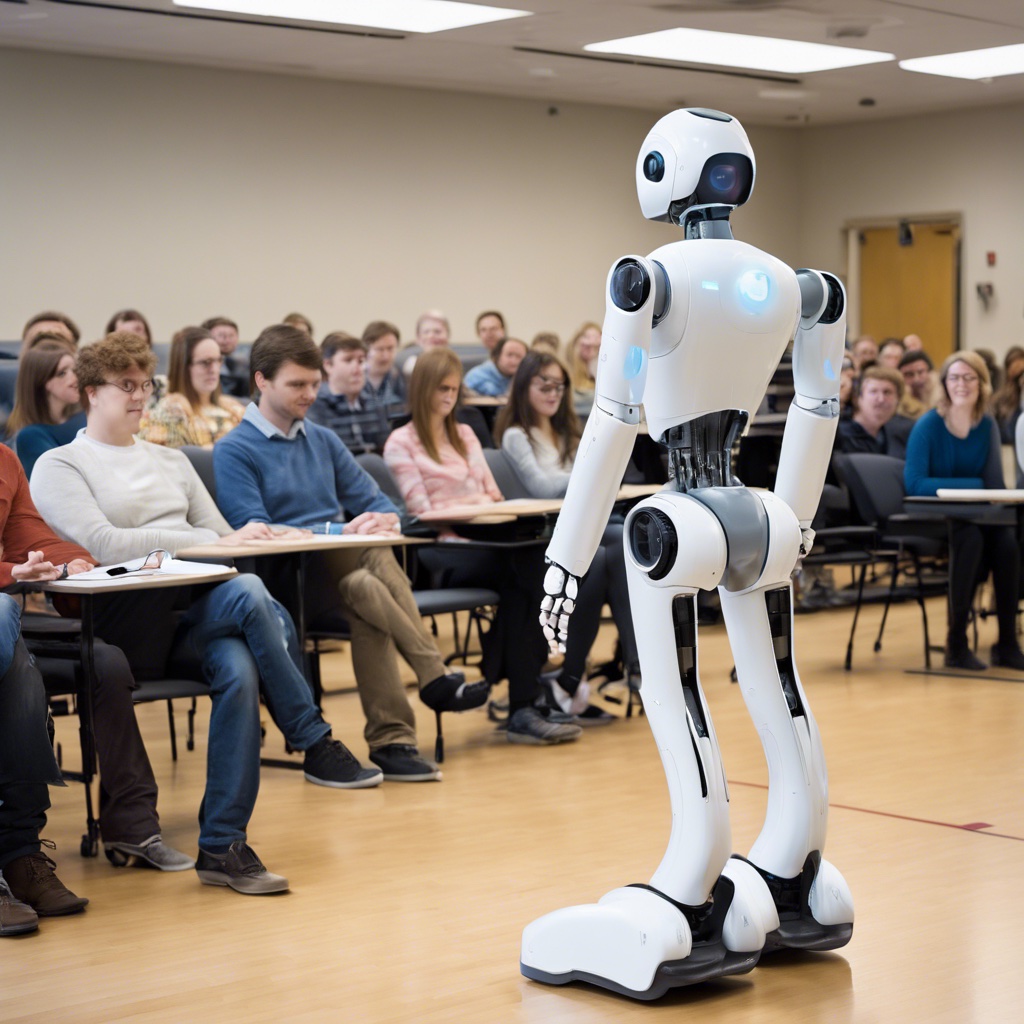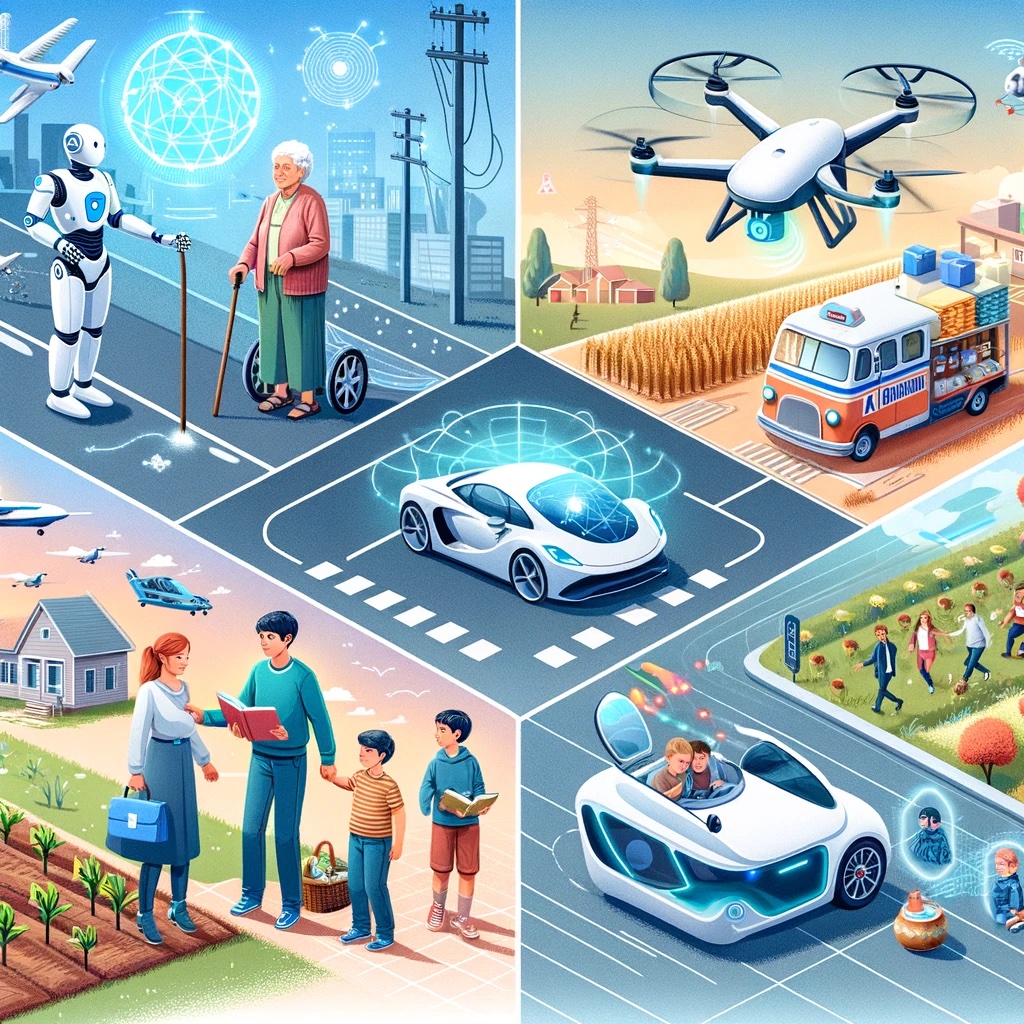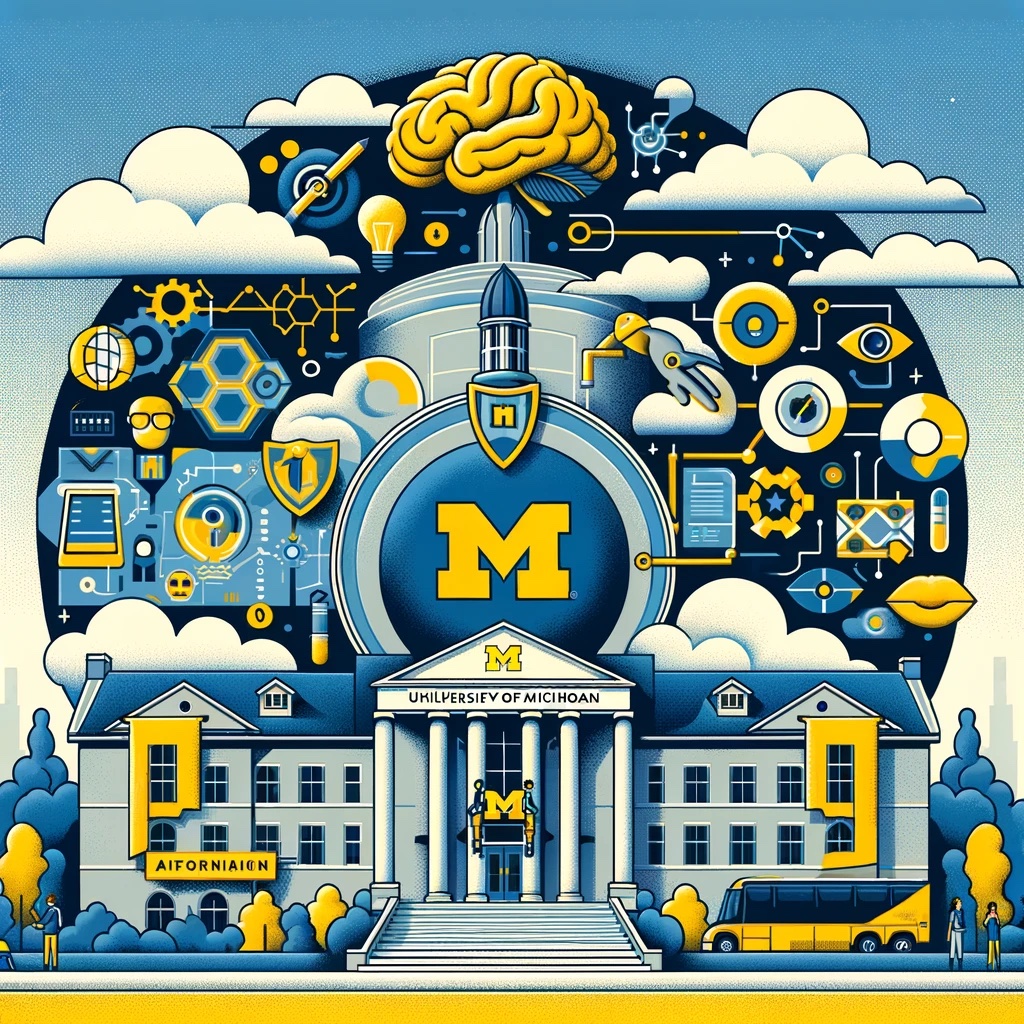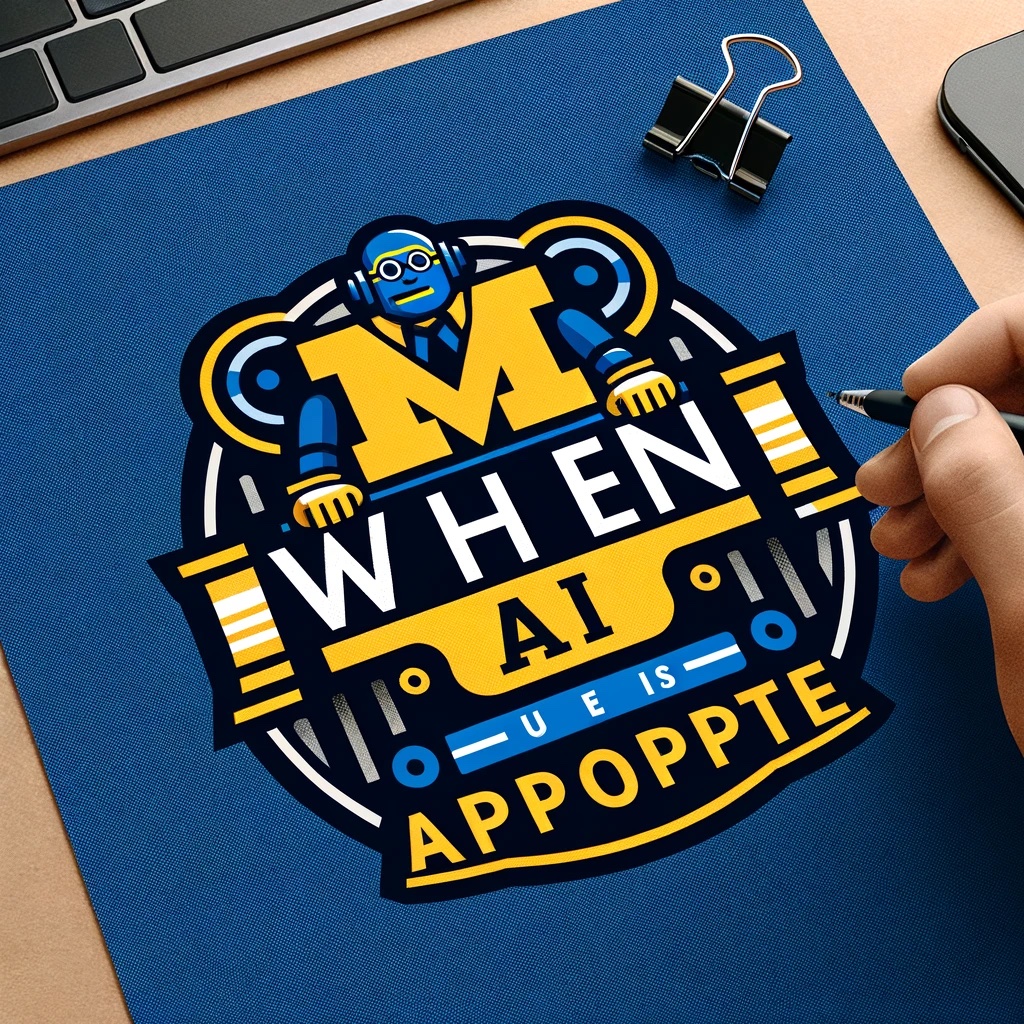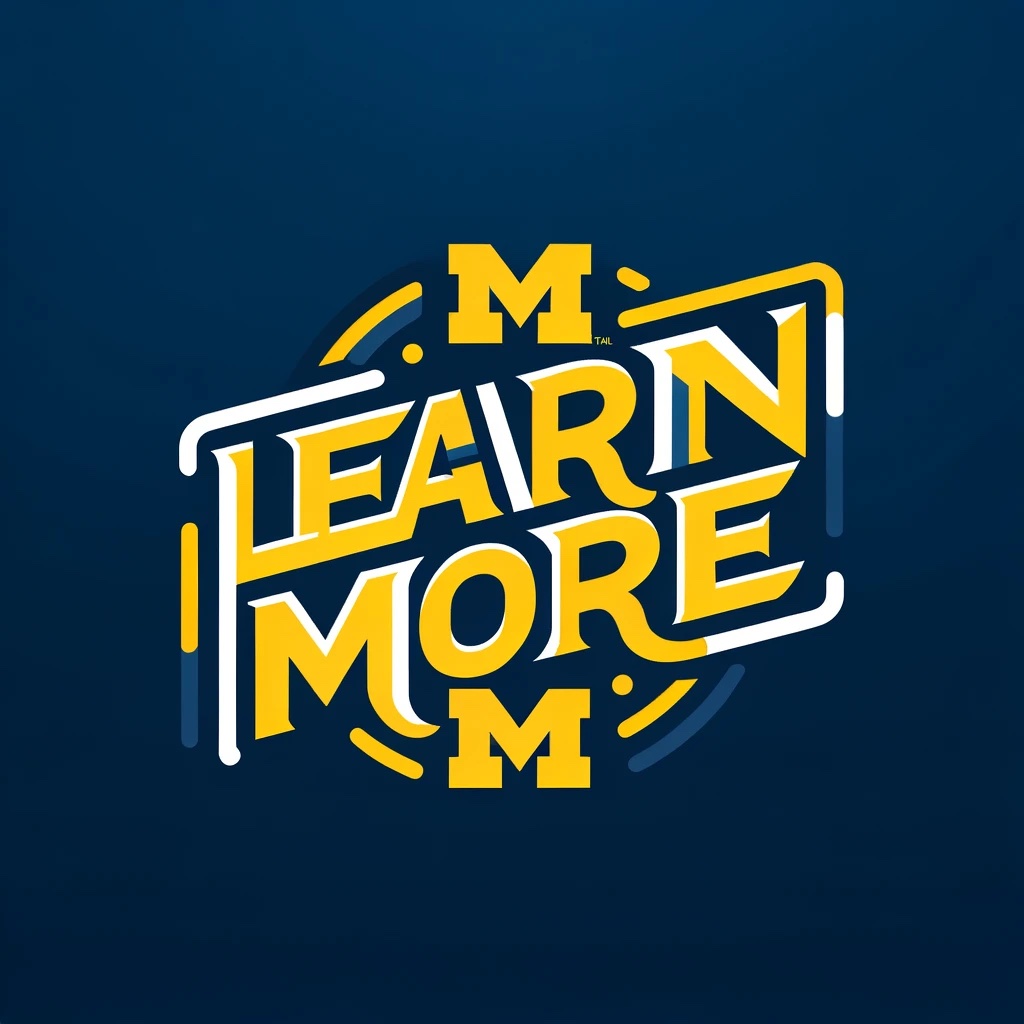Navigating the Evolving Workforce: The Impact of AI on Jobs and Careers
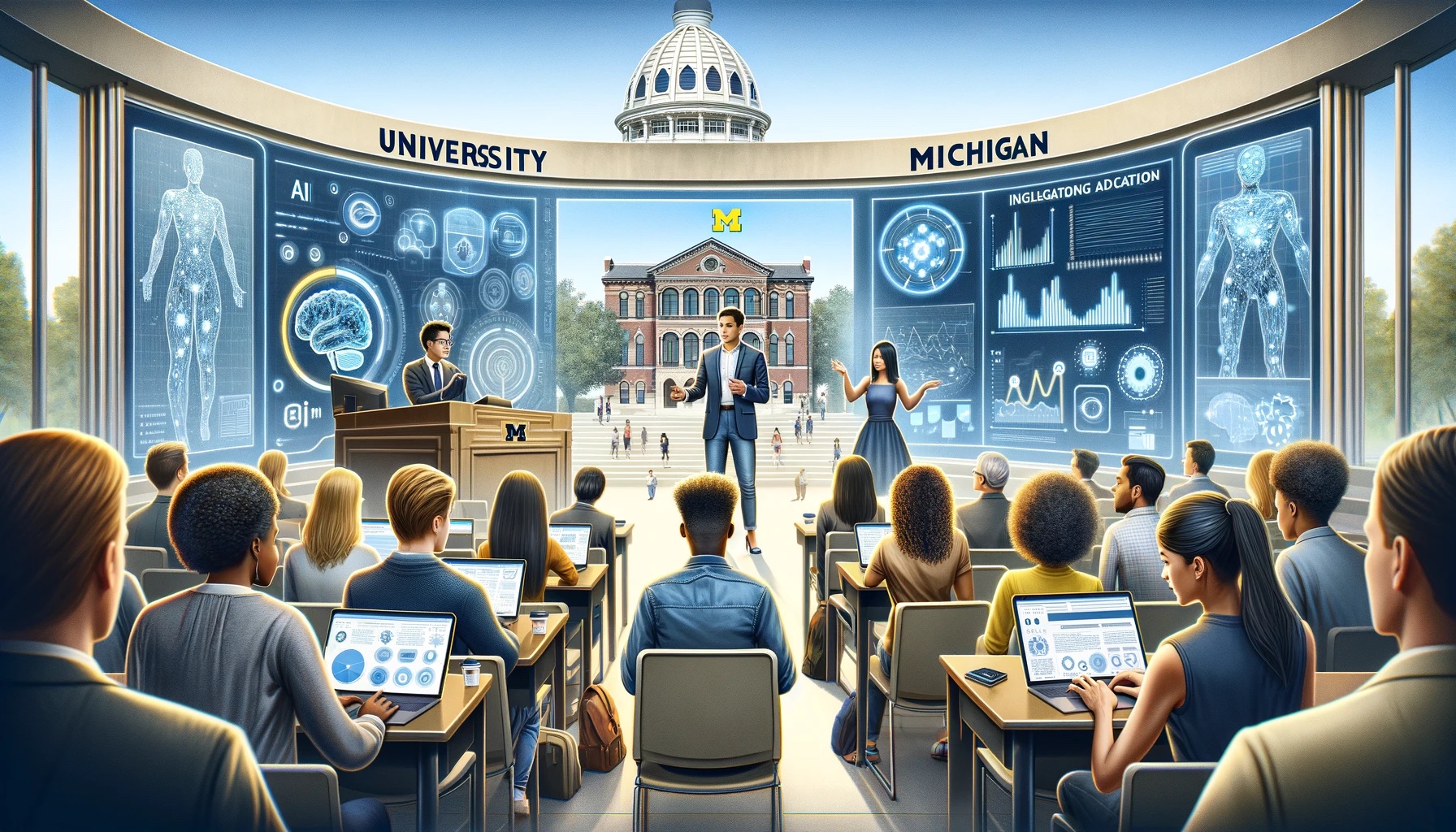
The rapid advancement of artificial intelligence (AI) has ignited a myriad of discussions surrounding its potential impact on the workforce. As businesses integrate AI into their operations, the implications for workers are complex. Drawing insights from various perspectives, we will explore the multifaceted landscape of AI’s impact on the job force and consider the potential shifts in career dynamics.
The Dichotomy of AI Making Labor Easier and Increasing Workload:
AI has been proposed to be the ultimate productivity tool, which might mean that workers might face higher expectations and heavier workloads due to the accelerated efficiency brought about by AI. The concern raised here revolves around whether increased productivity necessarily translates to a more meaningful and satisfying work experience. The comparison to platforms such as Slack, which initially aimed to streamline communication and increase productivity but rather end up being additional layers of responsibilities, raise concerns about the potential stress and diminished job satisfaction that could result from AI integration.
AI’s Impact on Job Displacement and the Job Market:
The fear of job displacement, especially among college-educated workers, looms large. The question of whether education will remain a sought-after qualification in the face of AI’s growing prominence raises crucial concerns about the future of learning and employment. Some fear that AI will entirely replace jobs while others feel that AI might not replace jobs entirely but instead lead to job specialization within careers. The idea that jobs requiring “people skills” and human interaction may remain irreplaceable for the near future suggests a nuanced coexistence between AI and human works. There is a rising demand for AI-related skills, with many current job postings requiring knowledge of machine learning and large language models, which showcases how AI will influence job application processes and desired candidate qualifications. While we can speculate that AI will predominantly impact white collar jobs that require college degrees, we can only speculate which specific careers will be impacted in the greatest capacity.
Key Questions for the Future:
There are many key questions to keep in mind when considering the impact that AI will have on the workplace. Some of these questions include: How will AI impact the job force? Will the implementation of AI be introduced to enhance efficiency of workers or reduce costs? What careers will be the most and least impacted by AI? It is important to consider these questions when determining desired career plans.
Preparing for the Future:
As students prepare to enter this unprecedented new work landscape, it becomes imperative for workers to cultivate a blend of technical skills and uniquely human attributes. The intersection of AI and human capabilities is likely to redefine career paths, emphasizing adaptability, continuous learning, and a balance between efficiency-driven AI and the irreplaceable qualities of human interaction. The arrival of AI presents both challenges and opportunities for the workforce. AI’s impact on the workplace is inevitable, but strategic planning, education, and an understanding of the evolving landscape will allow individuals to succeed in this new technological era.
